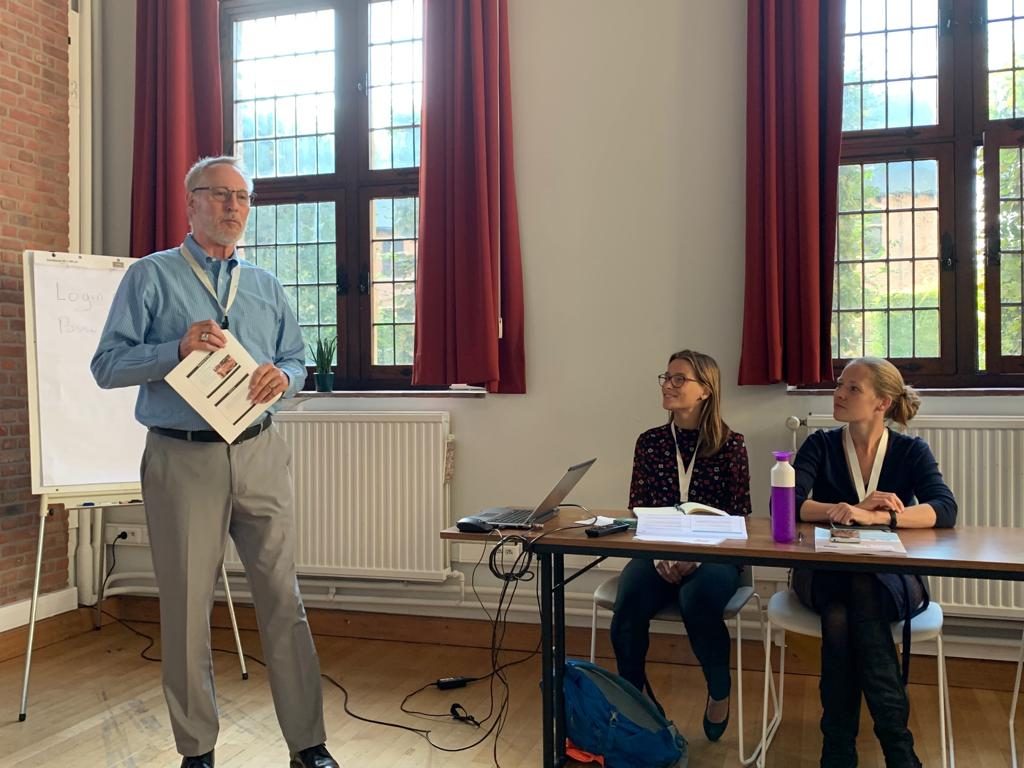Training Cannabis Store Personnel in Responsible Vendor Practices
Dr. W. Gill Woodall, Klein Buendel Senior Scientist, participated in a panel discussion at the 45th Annual Scientific Meeting of the Research Society on Alcoholism, June 25-29, in Orlando, Florida. He presented data and results from a recent study assessing and training cannabis store personnel in responsible vendor practices. In the wake of a great expansion of recreational cannabis, the prevention of harms related to polysubstance use has gathered attention as well. Specific and effective prevention strategies are needed. One potential approach borrows from alcohol prevention – responsible sales and service.
Regulations in all state recreational cannabis markets prohibit sales of marijuana products to customers under age 21 and in a few markets, sales to intoxicated customers. Using pseudo-patron methods, our team assessed sales to underage-appearing customers in recreational cannabis stores in Colorado and Washington State (175 stores) in 2016-17 and sales to apparently alcohol-intoxicated customers in stores in Colorado, Oregon, and Washington State (150 stores) in 2018.
Refusal of underage-appearing pseudo-patrons were very frequent (92.6%). By comparison, refusal of apparently alcohol-intoxicated pseudo-patrons was infrequent in all three states (11.0%), even though Oregon state law explicitly prohibited it. An online survey of personnel from 59 stores in 2020 explored frequency of sales to these customers. Respondents indicated that underage customers attempted to enter stores frequently (66.1% several/many times) and customers entered stores who were intoxicated by alcohol (40.7%) or marijuana (44.1%). They often refused sales to customers (57.6% several/many times for any reason; 42.4% for being intoxicated). Management support was high for checking IDs (91.5% supported it a lot) but moderate for refusing to sell to customers appearing intoxicated (74.6%).
An online responsible marijuana vendor training created by Dr. Woodall and his collaborators from Klein Buendel and the Prevention Research Center at the Pacific Institute for Research and Evaluation (PIRE) called “Train To Tend,” may have improved refusal to under-age customers at the entrances in stores that used it (trained stores: 65.9%, baseline, 82.5%, 3-month posttest, and 79.9%, 9-month posttest; untrained stores: 82.6%, 83.1%, 84.5% respectively), but did not seem to impact sales to intoxicated customers (intervention: 11.6%, control: 7.6%).
Deterrence due to state regulations or store policy for sales of cannabis products appears to be lower for sales to customers who appear intoxicated than underage customers in these cannabis markets. Training in responsible sales practices alone may not be successful when deterrence is low. Increasing deterrence may depend on regulators actively prioritizing the law to store licensees and monitoring compliance. Improve understanding of how regulatory policy and retail availability affect potential co-use of alcohol and cannabis in the legalized adult-use markets.
This research was funded by a grant from the National Institute on Drug Abuse at the National Institutes of Health (DA038933; Dr. David Buller, Principal Investigator). Dr. Woodall’s Co-Investigators include Dr. Robert Saltz from the Prevention Research Center at PIRE and Dr. David Buller from Klein Buendel.






